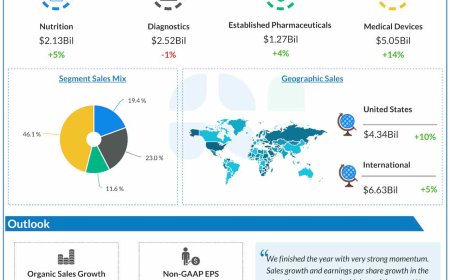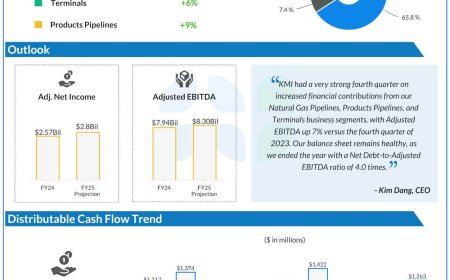FDA Says Eli Lilly’s Weight Loss Drug No Longer In Short Supply
The U.S. Food and Drug Administration (FDA) says that the active ingredient in Eli Lilly’s (LLY) weight loss drug Zepbound is no longer in short supply.The news is positive for Eli Lilly as it means that compounding pharmacies will no longer be able to make cheaper, unbranded versions of its weight loss medication.Effectively this ends a period where certain pharmacies could make and dispense unapproved versions of Tirzepatide, the active ingredient in Zepbound, without facing repercussions for violating the patent Eli Lilly has on the medication. Compounding pharmacies must now stop making compounded versions of Tirzepatide in the next 90 days. The FDA said that the transition gives patients time to switch to the branded version of the prescription drug.Compounded medications are custom-made alternatives to branded drugs designed to meet a specific patient’s needs. When a brand-name medication is in short supply, compounding pharmacies can prepare copies of the drug if they meet certain requirements under federal law.Compounding pharmacies say their copycat drugs help patients who don’t have insurance coverage for Zepbound and can’t afford its cost of $1,000 U.S. a month. Zepbound and other weight loss drugs aren’t covered by most insurance plans in the U.S. Eli Lilly has invested billions of dollars to expand its manufacturing capacity for Tirzepatide as it struggles to keep pace with unprecedented demand for its weight loss drug.The company has filed lawsuits against weight loss clinics, medical spas and compounding pharmacies across the U.S. over the past year as it enforces its patent protection on Zepbound. The stock of Eli Lilly has risen 28% this year to trade at $756.85 U.S. per share.

The U.S. Food and Drug Administration (FDA) says that the active ingredient in Eli Lilly’s (LLY) weight loss drug Zepbound is no longer in short supply.
The news is positive for Eli Lilly as it means that compounding pharmacies will no longer be able to make cheaper, unbranded versions of its weight loss medication.
Effectively this ends a period where certain pharmacies could make and dispense unapproved versions of Tirzepatide, the active ingredient in Zepbound, without facing repercussions for violating the patent Eli Lilly has on the medication.
Compounding pharmacies must now stop making compounded versions of Tirzepatide in the next 90 days. The FDA said that the transition gives patients time to switch to the branded version of the prescription drug.
Compounded medications are custom-made alternatives to branded drugs designed to meet a specific patient’s needs.
When a brand-name medication is in short supply, compounding pharmacies can prepare copies of the drug if they meet certain requirements under federal law.
Compounding pharmacies say their copycat drugs help patients who don’t have insurance coverage for Zepbound and can’t afford its cost of $1,000 U.S. a month.
Zepbound and other weight loss drugs aren’t covered by most insurance plans in the U.S.
Eli Lilly has invested billions of dollars to expand its manufacturing capacity for Tirzepatide as it struggles to keep pace with unprecedented demand for its weight loss drug.
The company has filed lawsuits against weight loss clinics, medical spas and compounding pharmacies across the U.S. over the past year as it enforces its patent protection on Zepbound.
The stock of Eli Lilly has risen 28% this year to trade at $756.85 U.S. per share.











































